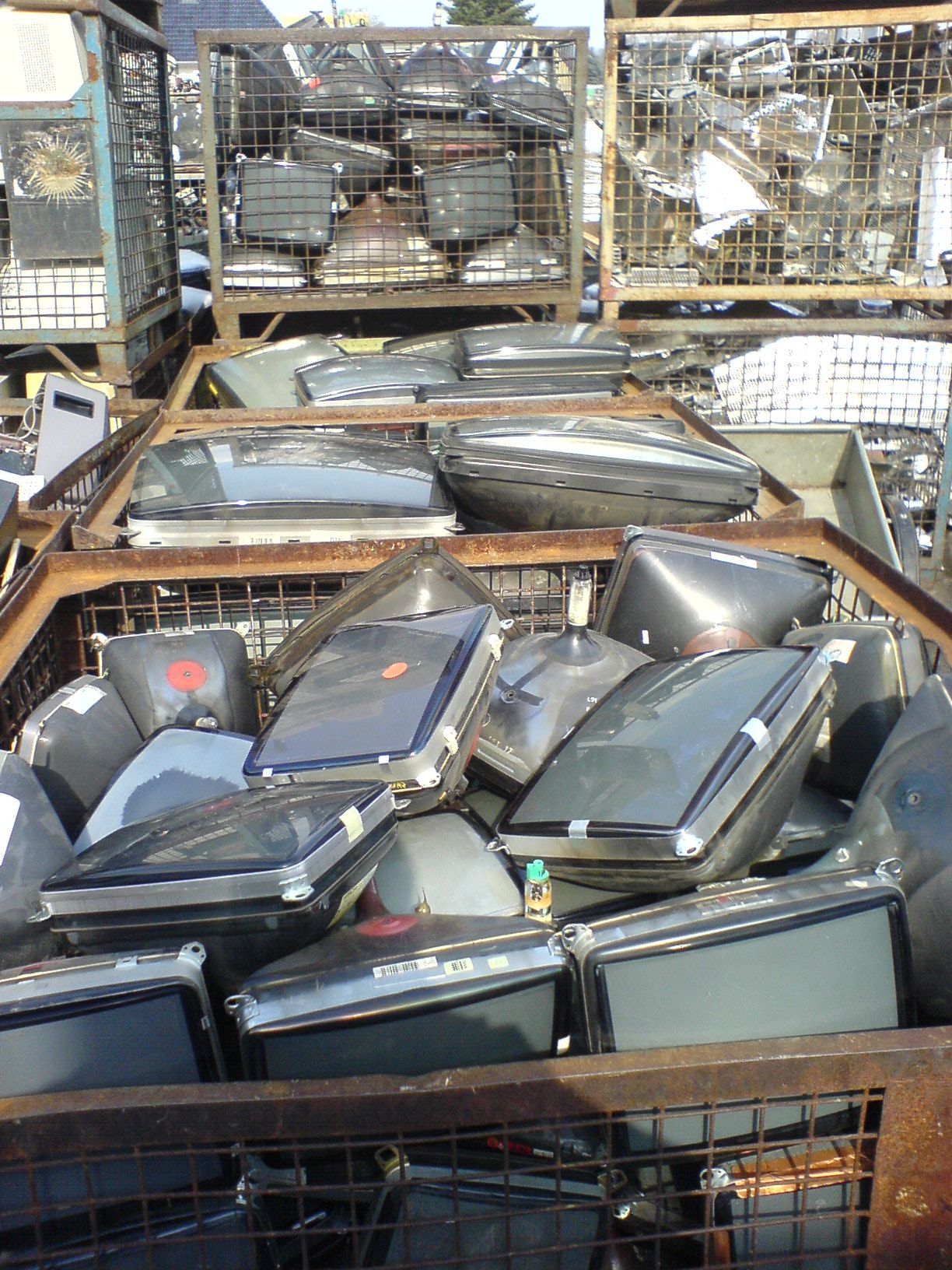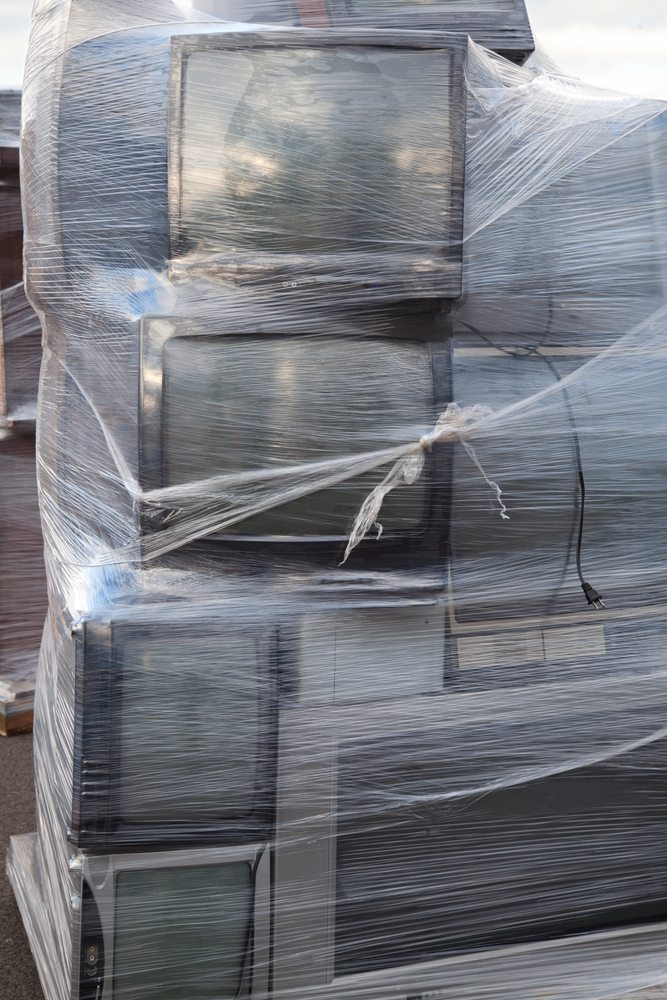Illinois is set to put a legislative Band-Aid on the state’s e-scrap program, requiring electronics manufacturers to collect and recycle more material in coming years.

Illinois is set to put a legislative Band-Aid on the state’s e-scrap program, requiring electronics manufacturers to collect and recycle more material in coming years.
 A bill axing North Carolina’s electronics recycling law has hit a stumbling block.
A bill axing North Carolina’s electronics recycling law has hit a stumbling block.
 A bill aimed at expanding recycling outlets for CRT panel glass has passed out of California’s legislature – and not a single lawmaker cast a vote against it.
A bill aimed at expanding recycling outlets for CRT panel glass has passed out of California’s legislature – and not a single lawmaker cast a vote against it.
 The state of New Jersey is working to reform its e-scrap law, and lawmakers plan to have a bill to send to the governor by next month.
The state of New Jersey is working to reform its e-scrap law, and lawmakers plan to have a bill to send to the governor by next month.
 Legislation introduced in Pennsylvania increases the amount of e-scrap that manufacturers would be on the hook for recycling each year.
Legislation introduced in Pennsylvania increases the amount of e-scrap that manufacturers would be on the hook for recycling each year.
In its annual release of OEM collection obligations, the state of New Jersey made a significant announcement regarding CRT management.
According to a letter sent out to electronics manufacturers and obtained by E-Scrap News, the state’s e-scrap program will not allow OEMs to fulfill 2014 collection goals by sending CRT glass for processing as alternative daily cover (ADC).
“In light of the R2 Solutions Board of Directors unanimous vote prohibiting the use of CRT glass as alternative daily cover (ADC), ADC cannot be used to fulfill manufacturers’ collection obligation pursuant to the requirements of the Electronics Waste Management Act,” states the letter from Guy Watson, NJDEP’s chief of recycling and hazardous waste management.
The CRT-to-ADC debate has sprung onto the e-scrap landscape in the months since Finland-based Kuusakoski Recycling announced a partnership with Illinois’ Peoria Disposal Company for a technology that, according to the companies, opens the door to a safe landfill application of CRT glass. The strategy has caught the attention of many in the industry because it offers a disposal option that is cheaper than moving glass to traditional lead smelters.
However, in March, R2 Solutions, which administers the R2 certification, announced it will not allow R2-verified firms to move glass to ADC operations.
Before New Jersey made its determination on the issue, officials for state-run programs in Wisconsin and Minnesota announced their own prohibitions on CRT-to-ADC options, while Illinois and Vermont – citing limited downstream processing options for glass and a constrained market – have decided to permit firms to resort to the option if needed.
Interestingly, New Jersey’s announcement comes amid the state’s much-publicized struggles to keep up with funding the proper collection and processing of growing streams of scrap electronics, including CRTs.
All television manufacturers will have until June 9 to submit collection plans to New Jersey DEP, and the plans must clearly identify downstream processors for the material.
A bill overhauling New Jersey’s e-scrap law is headed to Gov. Chris Christie, but the recycling industry isn’t sure whether he’ll sign it.
Minnesota is the latest state to consider updating its e-scrap recycling law.
 An e-scrap startup reflects on its first half-decade, and a Filipino writer cautions lawmakers to adopt e-scrap legislation in the interest of public health.
An e-scrap startup reflects on its first half-decade, and a Filipino writer cautions lawmakers to adopt e-scrap legislation in the interest of public health.
 One city refuses to reinstate its electronics recycling program despite residents’ frustration, and remote Alaska receives attention for e-scrap cleanups.
One city refuses to reinstate its electronics recycling program despite residents’ frustration, and remote Alaska receives attention for e-scrap cleanups.
